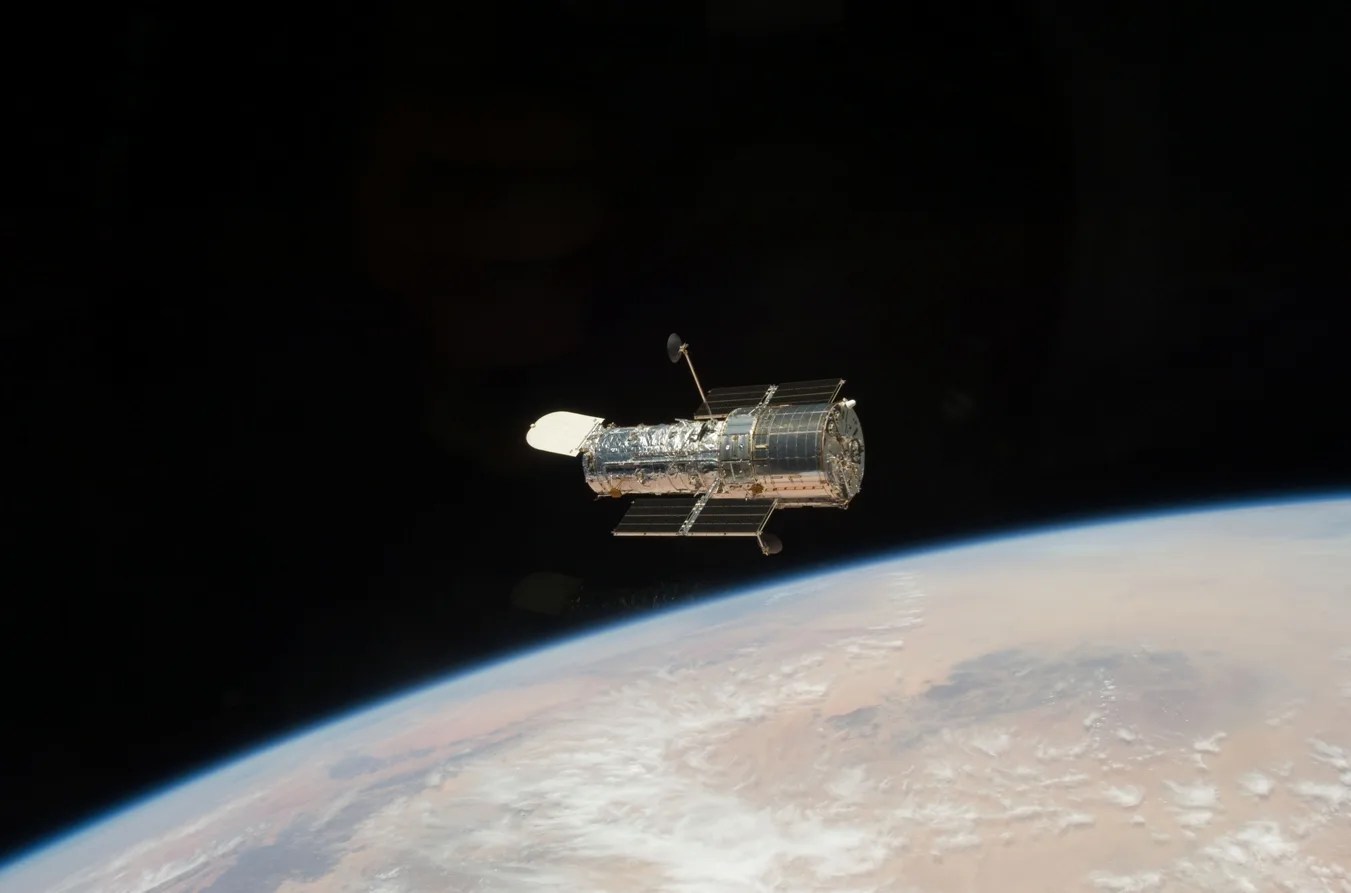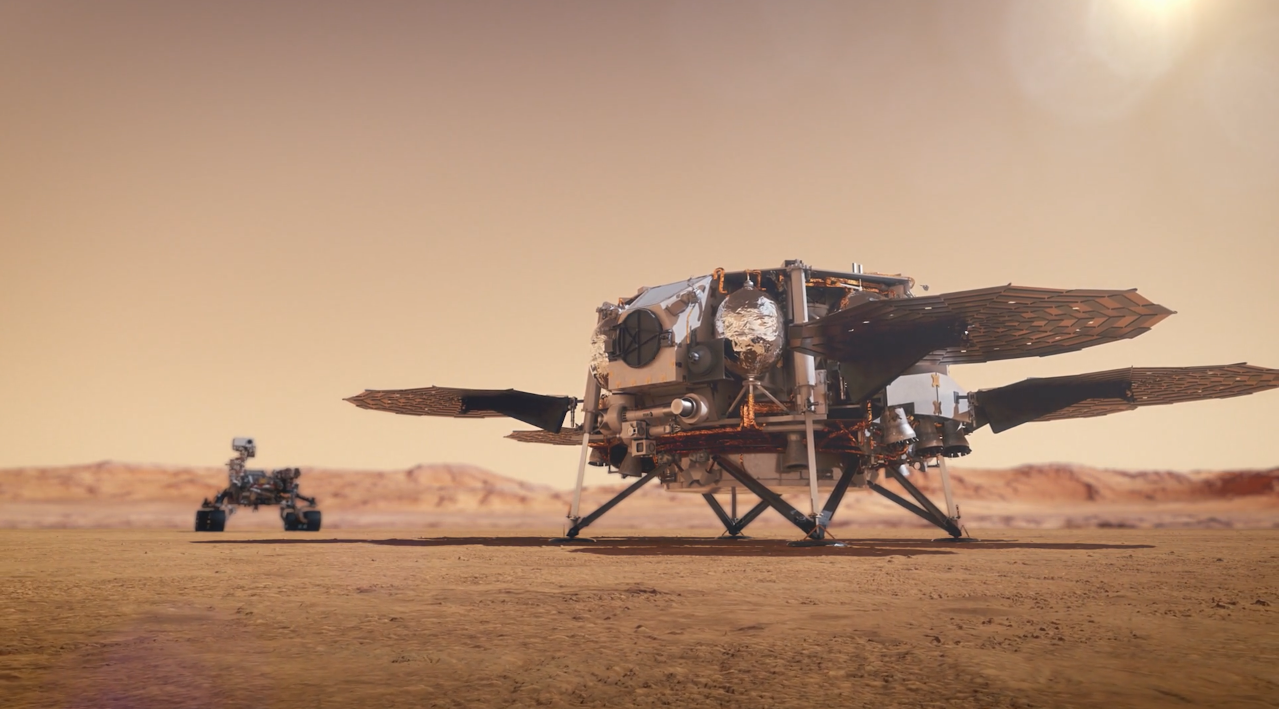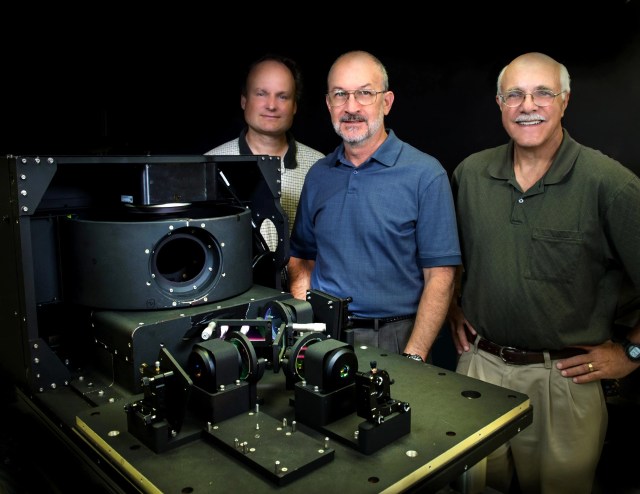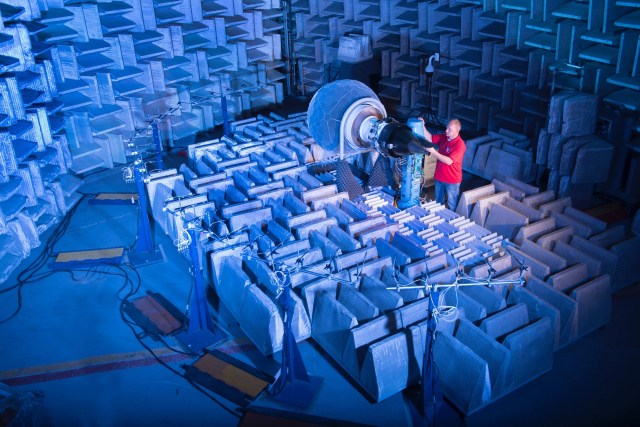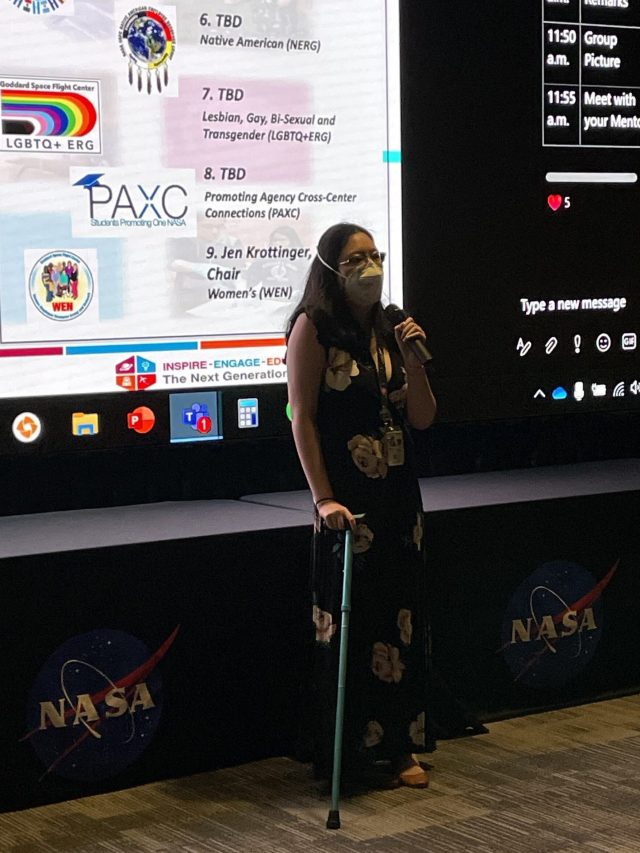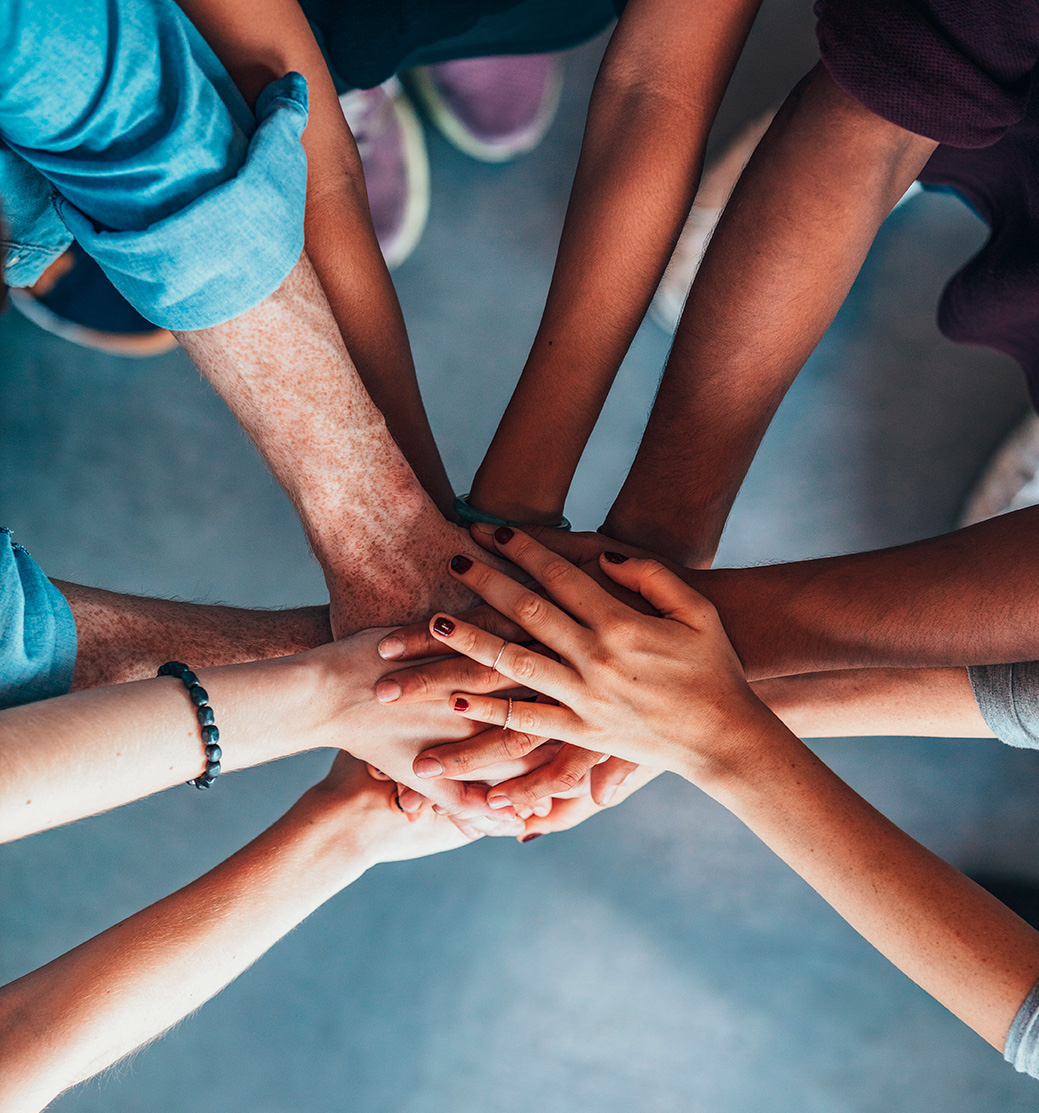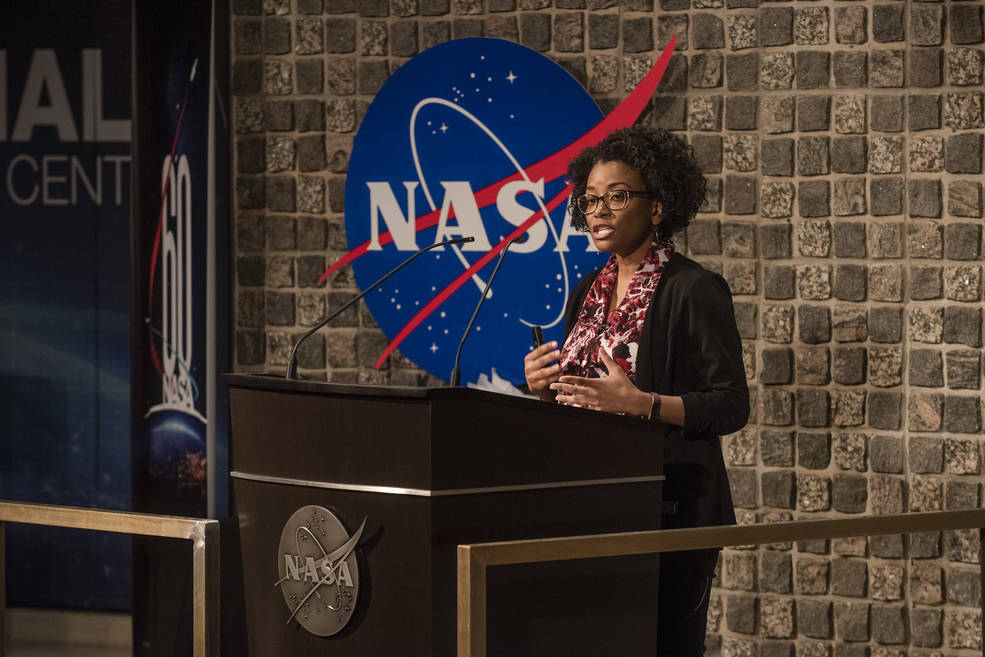Alternative Dispute Resolution (ADR)
MEDIATION FACT SHEET
NASA JOHNSON SPACE CENTER (JSC)
WHAT IS MEDIATION?
Mediation, one of the most popular Alternative Dispute Resolution (ADR) processes, is a problem solving method designed to assist individuals experiencing conflict with creating a mutually satisfactory resolution of their differences. Mediation is informal, fast, future focused, voluntary and confidential to the extent allowed by law. Mediation is noted for being an effective means for improving communications and building relationships. While mediation is offered as an early intervention process to resolve general workplace concerns, it is also offered as a means to resolve a Grievance and/or an Equal Employment Opportunity (EEO) complaint. Mediation differs from litigation in that it is not designed to determine who is right or wrong. In mediation, the participants work together to create their own mutual agreement with the assistance of the mediator. Unlike litigation, where a judge imposes a decision, nothing is decided in mediation unless all parties agree to the terms. Participants in mediation have the right to representation, i.e. Union, Attorney, etc.
WHAT IS A MEDIATOR?
A mediator is an unbiased, neutral third party who assists the parties in resolving their issues and concerns. A mediator is someone who is trained in dispute resolution and has no direct authority to impose a decision on the parties in conflict.
WHAT IS THE PROCESS?
- Any employee can request to enter into the ADR process. Everyone involved in the dispute must agree to participate in mediation.
- If the issue or concern is appropriate for mediation, the JSC Office of Equal Opportunity and Diversity (OEOD), ADR Program Manager will schedule the mediation session. The mediator will begin the session with an explanation of the process. Then each person states the issue from his/her perspective. Finally, everyone works together to explore possible solutions.
- If a resolution is reached, it is typically put in writing and signed by the participants. If the conflict is not resolved; the mediator explains other available forms of redress.
- If a resolution is reached, the JSC ADR Program will follow up with participants to ensure that it is working.
HOW LONG WILL I BE IN MEDIATION?
A workplace dispute may take anywhere from 3 hours to all day. In some cases a second or third meeting might be necessary, especially if the dispute has a long history or involves multiple parties and multiple issues.
WHY SHOULD I MEDIATE?
- Mediation offers participants an opportunity to communicate directly in a non-threatening forum.
- Mediation offers a private place available to discuss issues/concerns.
- Emotional involvement in a conflict can cloud ones ability to think creatively and objectively; mediation can help participants move beyond the barriers created by emotions.
- Mediation can provide healing; it offers an opportunity for participants to face each other and tell each other how the conflict has affected them personally; how they feel, how they have been hurt.
- Mediation is voluntary, brief, cost effective, and efficient. Formal processes are lengthy, expensive and often have an adverse affect on the relationship.
ADR Form
For more information, please contact: Robert F. Blake, ADR Program Manager, 281-483-0607


